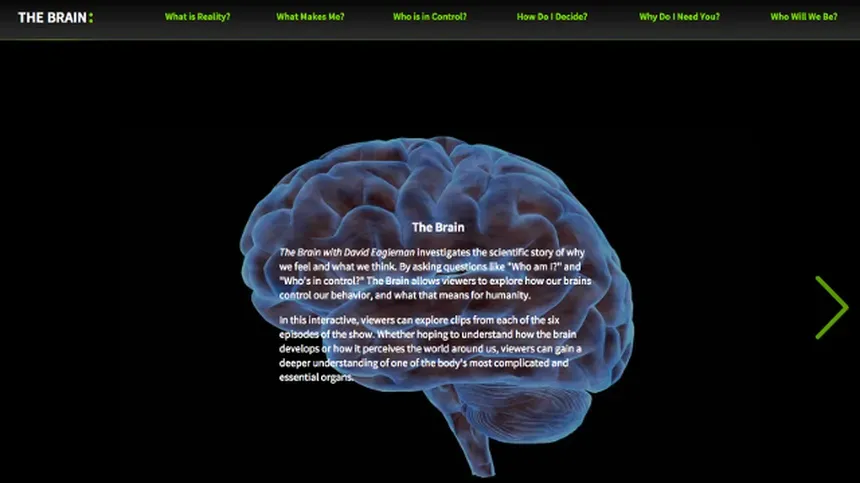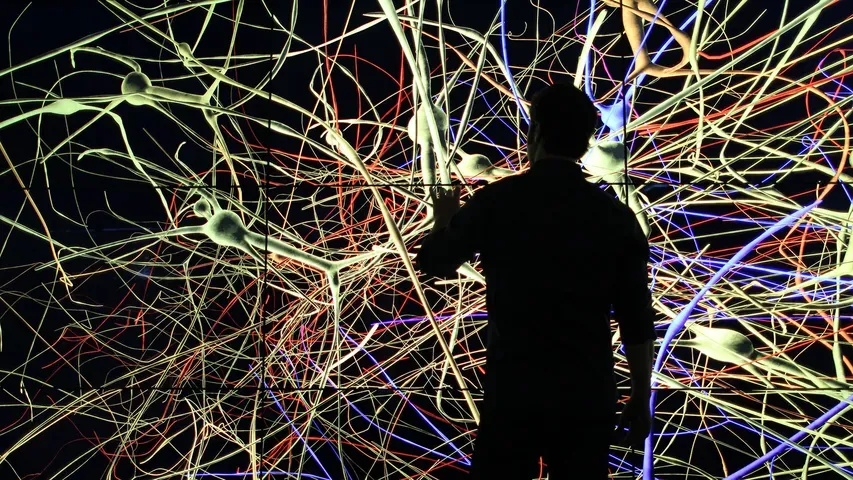Providing Support for PBS.org
Learn Moreabout PBS online sponsorshipProviding Support for PBS.org
Learn Moreabout PBS online sponsorshipHow to Watch The Brain with David Eagleman
The Brain with David Eagleman is available to stream on pbs.org and the free PBS App, available on iPhone, Apple TV, Android TV, Android smartphones, Amazon Fire TV, Amazon Fire Tablet, Roku, Samsung Smart TV, and Vizio.
More About the Show
The human brain is the most complex object we’ve discovered in the universe, and every day much of its neural circuitry is taken up with the tens of thousands of decisions we need to make. ‘How do I decide?’ is a journey through the unseen world of decisions, and how they get made.
We start with a simple one: choosing a flavour of frozen yoghurt, and learn that every decision we make is born of a ‘winner takes all’ competition between rival neural networks.
Every decision we make is underpinned by this kind of neural conflict. One conflict that we often feel very strongly is between our rational ‘logical’ self and our emotional self. This conflict is born of tension between two systems in the brain, our logical lateral networks verses our emotional medial networks. Dr Eagleman reveals that, perhaps anti-intuitively, our emotional systems play a key role in driving us to make better and more humane decisions.
To delve deeper into the decision-making process he visits a woman who struggles to make even the simplest decision. She has damaged her orbito-frontal cortex, an area that is key to integrating the signals streaming in from the body, signals that tell the rest of the brain what state the body is in (hungry, nervous, excited, etc). These emotional summaries allow the brain and body to be in constant feedback with each other, and this two-way flow of information allows one choice to be valued over another.
Dr. Eagleman reveals that many of our important decisions are made unconsciously, steered by parts of our brain that we have no access to – from who we find attractive to who we vote for. Professor Read Montague can be 95% certain about which political party a person will vote for based on their brain’s response to imagery designed to evoke a disgust response. The more disgusted a brain response is the more likely that person is to vote conservative. The less disgusted the more likely they are to vote liberal.
Finally, Dr. Eagleman takes a look at how we can take better control of the decisions we make, and uses an exciting new technique called fMRI neurofeedback to retrain the brains of drug addicts who want to make better decisions, to say ‘no’.













